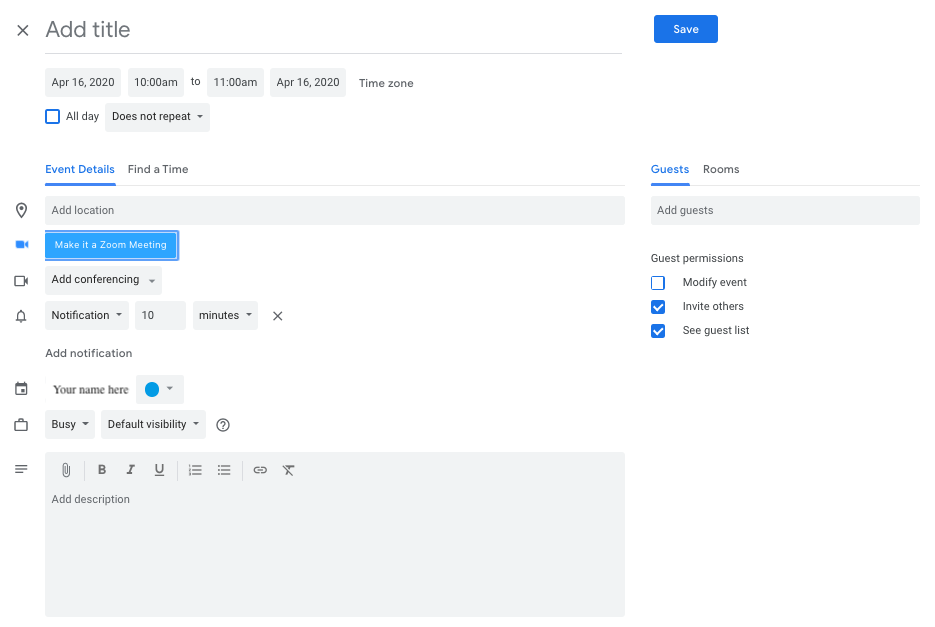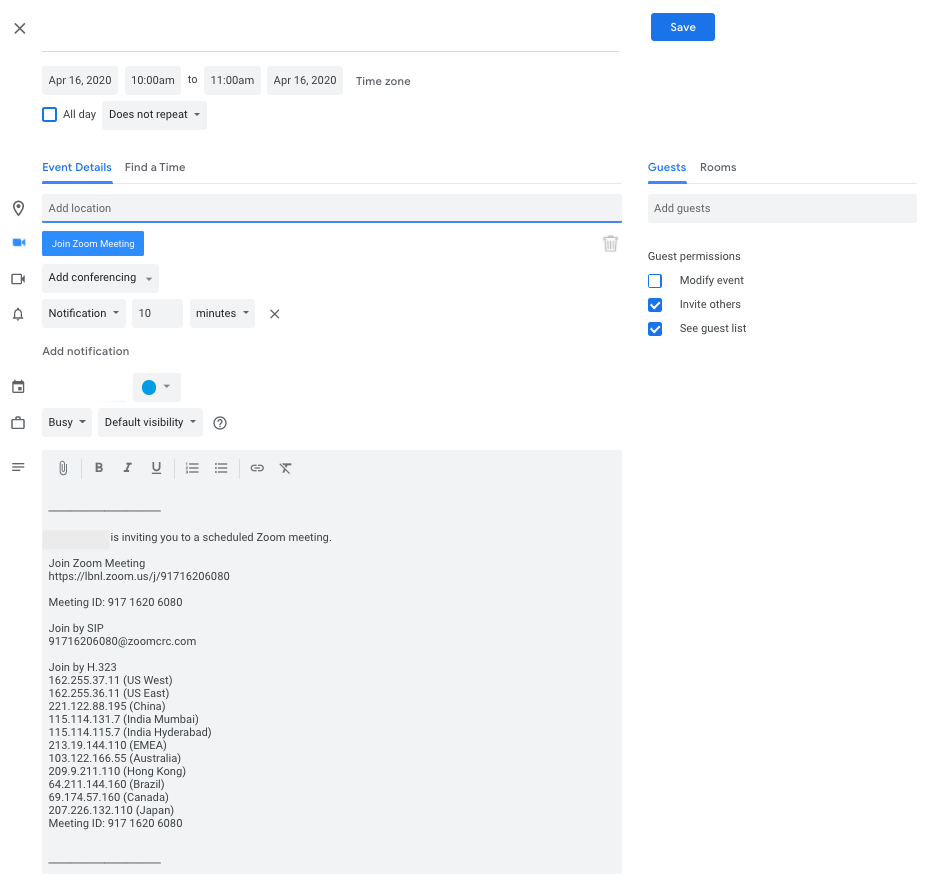Overview
The Zoom Calendar Extension for Browsers is a useful tool to quickly add the Zoom meeting information to a Google Calendar event. The extension has two components:
...
...
Description
The Google Calendar Chrome Extension adds the "Make it a Zoom Meeting" button
...
to Google Calendar
...
The Google Calendar Chrome Extension adds the and Zoom scheduler icon to the top right corner of your Chrome browser window AND the "Make it a Zoom Meeting" button to Google Calendar.
To download, configure, and use the plug-in correctly, follow these steps:
- Go to zoom.lbl.gov
- Click Downloads
- Scroll down to Zoom Extension for Browsers
Install Zoom Extension for Browsers |
|---|
| 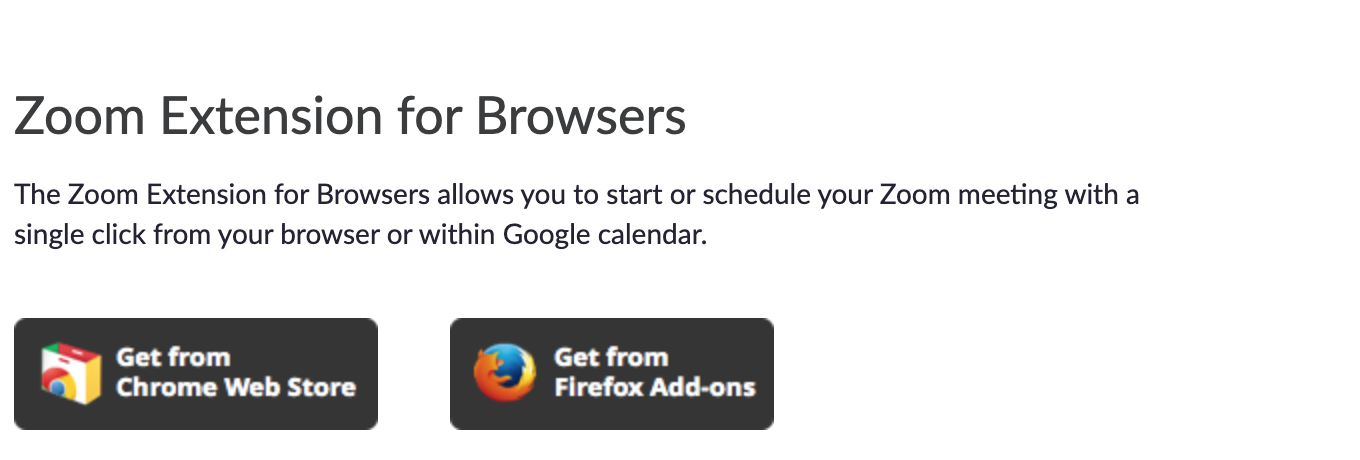 Image Modified Image Modified
|
- Install the Chrome Browser (this extension only works on the Chrome Browser).
- Click on Get from Chrome Web Store, you should see this page:
|  Image Modified Image Modified |
- Click on the Add to Chrome button on the right side of the page.
- Close and restart Chrome Browser
|  Image Modified Image Modified |
|
|
Configuring Zoom - 3 dots icon in the upper right corner of your browser window next to your photo.
|
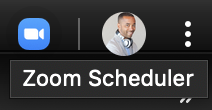 Image Removed
Image Removed
- Scroll down and click "More Tools" then select "Extensions"
- Find the Zoom Scheduler in the list of extensions and click the slider icon in the lower right corner to enable it.
| 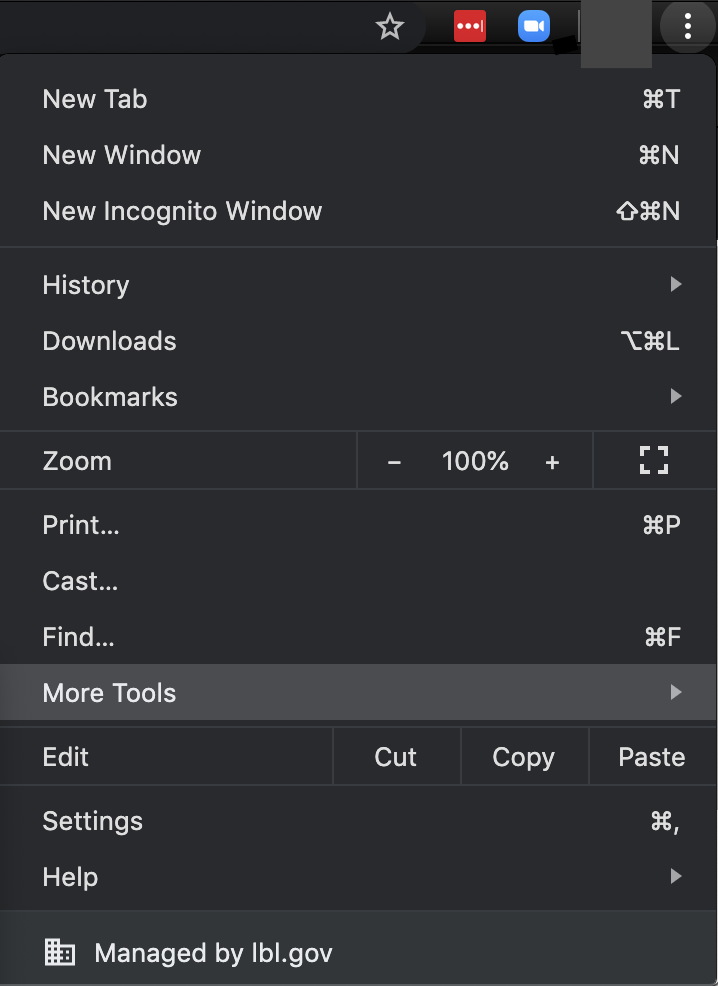 Image Added Image Added
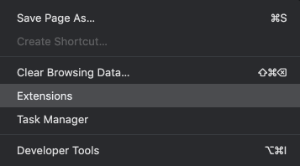 Image Added Image Added
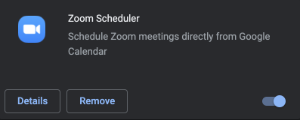 Image Added Image Added
|
- The Zoom Scheduler is now enabled. Click the Zoom icon in the upper right corner of your browser window.
| |
|
Choose "Sign in with SSO" and enter your Berkeley Lab email address.Or select - "Sign In with Google" to authenticate using Google services.
- Or choose "Sign in with SSO" and enter your Berkeley Lab email address.
| 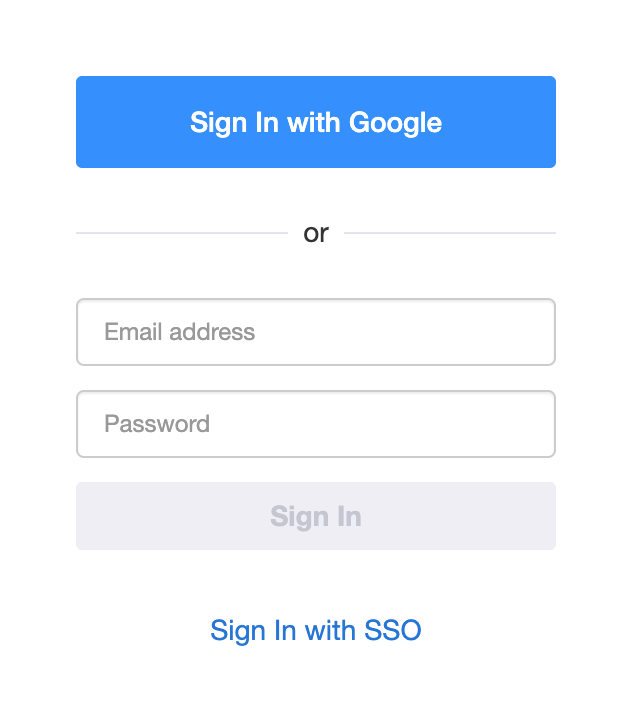 Image Modified Image Modified |
- Now that you're logged in, click the Zoom scheduler icon again.
- Click the gear icon in the upper right corner.
|
 Image Removed
Image Removed
| 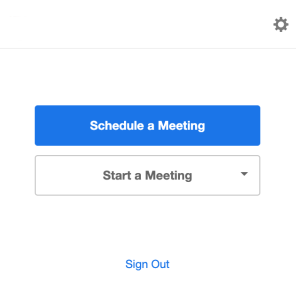 Image Added Image Added
|
- Review your default settings in
|
the - the Zoom Schedule Options window.
- These settings will apply each time you click "Make it a Zoom Meeting"
- Set the default calendar security settings using the 'Only authenticated users can join' option.
- Important: Check the
|
box next to - "Allow me to specify meeting options each time" box.
- Click Save Changes
- Close the browser window completely and restart Google Calendar.
| 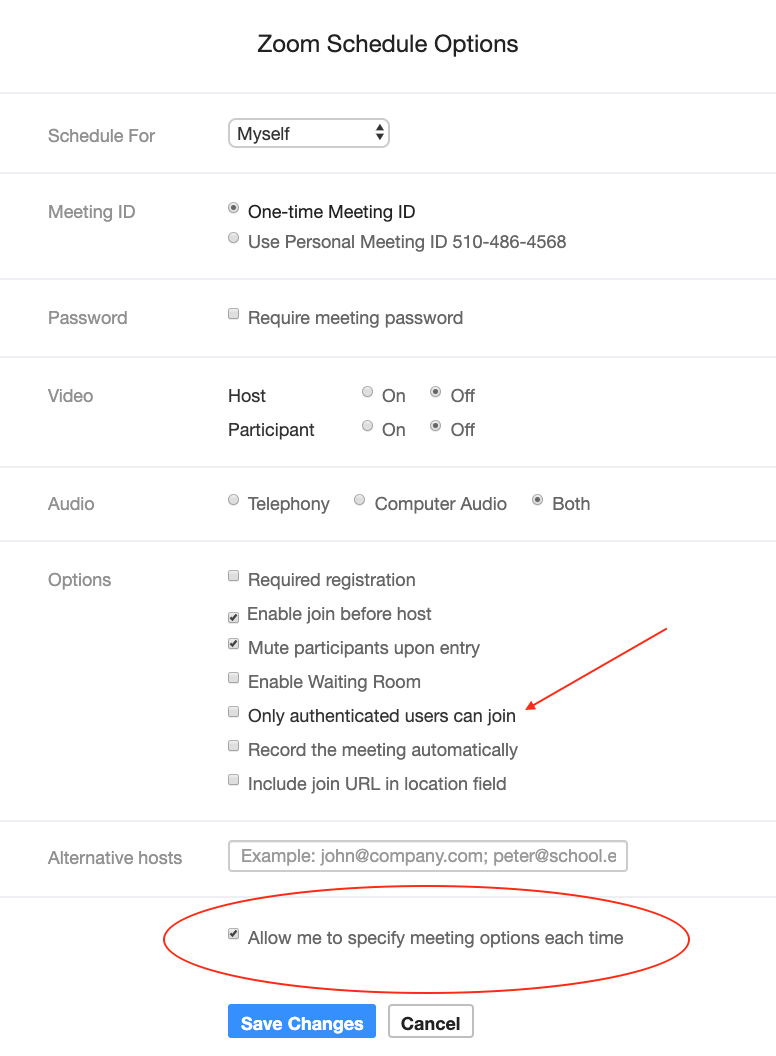 Image Modified Image Modified
|
Using the Zoom Extension for Browsers |
|---|
- Open Google Calendar and click "Create" to schedule a new meeting.
- You will now see the "Make it a Zoom Meeting" button.
- Important: Click "More options" in the lower left corner.
| 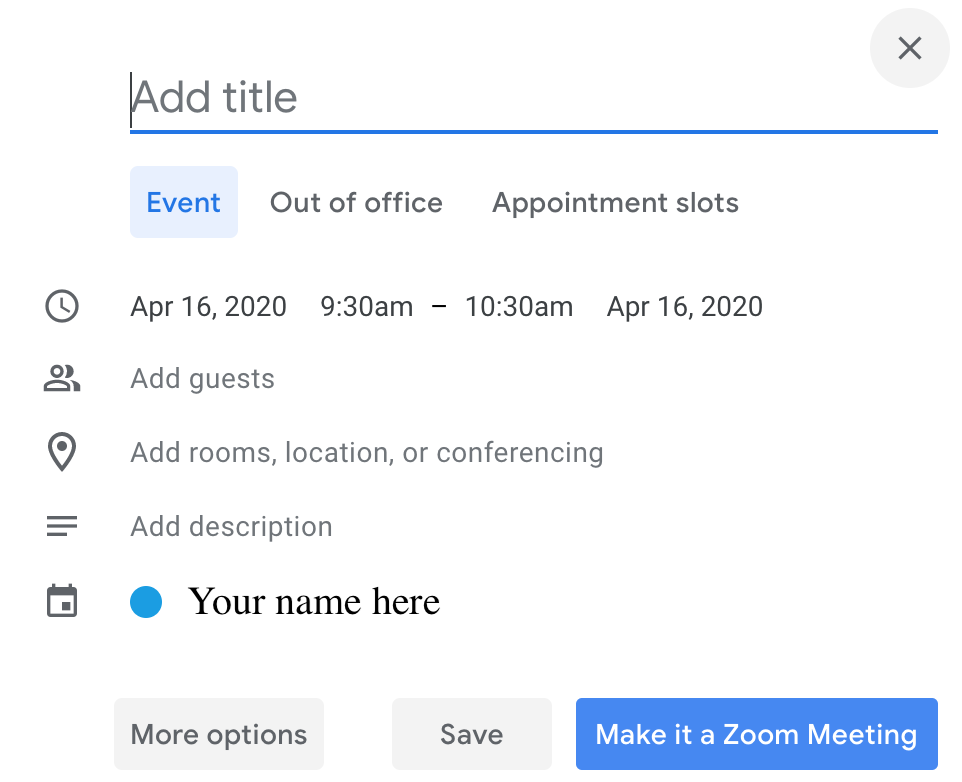 Image Modified Image Modified
|
- From this page, click "Make it a Zoom Meeting" and your default scheduling schedule options will appear.
| |
- Check the schedule options, set meeting options, establish security controls, designate alternative hosts, etc.
- When you are finished, click continue. The Zoom invitation will populate in the description window.
| 
|
- Now add your guests, room resource and any special instructions in the description and click the "Save" button.
| |
Still Need Help?
...
...
- Chrome Extension
- Click the blue icon in the lower right corner of this page
...
- to start a chat with IT Help Desk.












